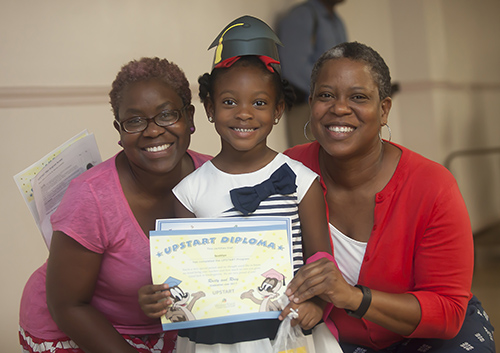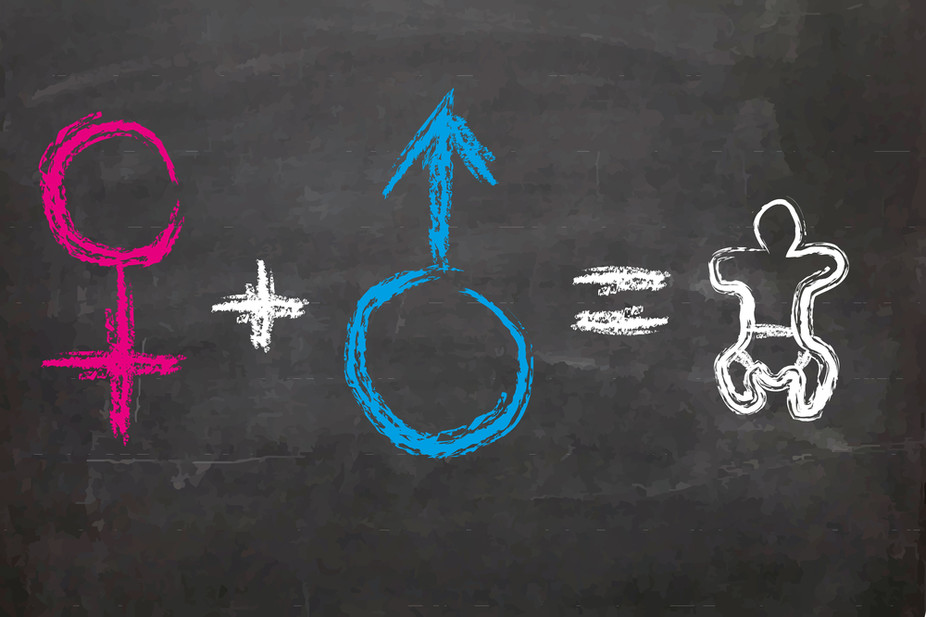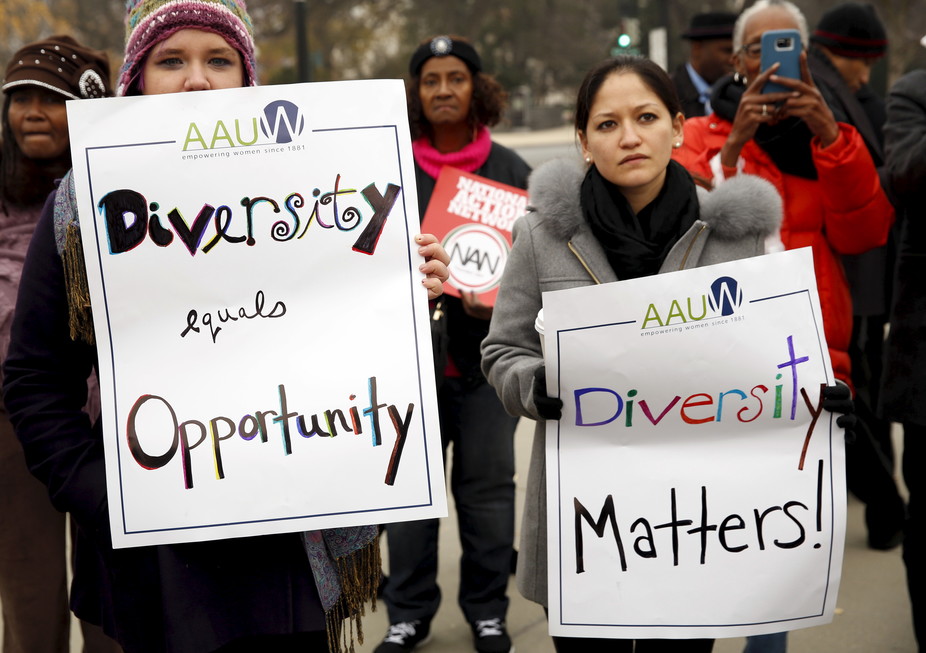Should Your Child Repeat Kindergarten?

By the end of their first year of formal schooling, your child should have a solid grasp on a few key concepts. Unfortunately, many parents aren’t always aware of what those benchmarks are at the end of the year. Some children could benefit from having another year to better develop some of these social and academic markers.
If you have some hesitation regarding whether your child is truly ready for the next stage of schooling, you will want to know these kindergarten-specific milestones.
Independence
Most children already have an increasing grasp on independence as they enter into formal schooling. If your child struggled with independence at the beginning of kindergarten, it’s time to reevaluate whether or not he has really improved. Your child should easily be able to dress themselves and go to the bathroom without an adult’s help.
Perhaps more significantly, a young child going into the first grade should be able to have some separation from their parents or caregivers. A child who still cries incessantly and refuses to be comforted following parental separation probably isn’t emotionally ready for the next step. An extra year to develop this skill could prove helpful.
Improved Social Skills
They may not have made lifelong friends at this stage, but a child heading into the first grade should be making headway on key social skills. Sharing and taking turns are both critical as children advance in grade level, but less common things should be taken into account also. For example, does your child recognize and respond to feelings in other individuals?
As the kindergarten year comes to a close, try spending time in your child’s classroom to evaluate their social skills. Speak with their teacher if volunteering isn’t an option for you. Make sure that they’ve made significant gains when it comes to making friends and socializing. If socialization is a struggle for your child, holding them back for another year may be a good idea.
Following Directions
By the end of kindergarten, your child should be able to move from following simple one-step directions to obeying two-step instructions. Their communication skills should also be growing as your child learns the proper way to hold a conversation with teachers and peers. Consistent confusion when it comes to following two-step directions should be a sign that retention is necessary. Similarly, muddled conversations are also a telltale sign that your child could benefit from an extra year in kindergarten.
Letter, Number, Shape, and Color Recognition
Everyone will ultimately learn at a different pace in these beginning stages of education. However, there are some fairly firm guidelines about what kindergarteners should know by the end of the year. Your child should recognize letters (both capital and lowercase), know letter sounds, and be able to count to ten or higher. Other core skills include recognizing shapes and colors.
Spelling and reading skills may begin to develop during kindergarten. Writing their name should be considered an essential skill, even if they still struggle with sight words.
Fine and Gross Motor Skills
Some children naturally have more athletic ability than others. At a basic level, all children leaving kindergarten should have some basic fine and gross motor skills though. Essential fine motor skills include the ability to hold a crayon or pencil properly and to cut with scissors. Pasting and gluing should also be possible for your child.
When it comes to physical education, your child doesn’t need to be the fastest runner or the strongest athlete. They should be able to hop up and down on one foot to demonstrate some basic balance and coordination. Running and jumping are good indicators of how well gross motor skills are developing. If either area seems lacking compared to peers, you may want to consider holding your child back a year.
Kindergarten retention isn’t an uncommon practice. All children will develop at their own rate with some being more advanced than others. Giving your child an extra year to catch up to their peers will give them a better chance at success socially and academically. First grade can wait an extra year until your child has better building blocks for the future.






